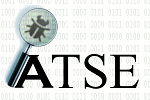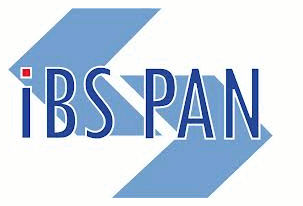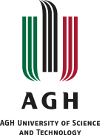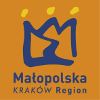 |
4th International Workshop Automating Test Case Design, Selection and Evaluation (ATSE'13)
Kraków, Poland, September 8-11, 2013
Trends such as globalisation, standardisation and shorter lifecycles place great demands on the flexibility of the software industry. In order to compete and cooperate on an international scale, a constantly decreasing time to market and an increasing level of quality are essential. Software and systems testing is at the moment the most important and mostly used quality assurance technique applied in industry. However, the complexity of software systems and hence of their development is increasing. Systems get bigger, connect large amounts of components that interact in many different ways on the Future Internet, and have constantly changing and different types of requirements (functionality, dependability, real-time, etc.). Consequently, the development of cost-effective and high-quality systems opens new challenges that cannot be faced only with traditional testing approaches. New techniques for systematization and automation of testing are required.
Even though many test automation tools are currently available to aid test planning and control as well as test case execution and monitoring, all these tools share a similar passive philosophy towards test case design, selection of test data and test evaluation. They leave these crucial, time-consuming and demanding activities to the human tester. This is not without reason; test case design and test evaluation are difficult to automate with the techniques available in current industrial practice. The domain of possible inputs (potential test cases), even for a trivial program, is typically too large to be exhaustively explored. Consequently, one of the major challenges associated with test case design is the selection of test cases that are effective at finding flaws without requiring an excessive number of tests to be carried out. This is the problem which this workshop wants to attack.
This workshop will provide researchers and practitioners a forum for exchanging ideas, experiences, understanding of the problems, visions for the future, and promising solutions to the problems in automated test case generation, selection and evaluation. The workshop will also provide a platform for researchers and developers of testing tools to work together to identify the problems in the theory and practice of software test automation and to set an agenda and lay the foundation for future development.
Topics
Topics include (but are not limited to):
-
techniques and tools for automating test case design:
- model-based,
- combinatorial.based,
- optimization-based,
- etc.
- Evaluation of testing techniques and tools on real systems, not only toy problems.
- Benchmarks for evaluating software testing techniques
Type of submissions
We expect the following types of submissions:
- Research in progress, including research results at a premature stage.
-
Experience reports with the usage of testing technique and tools.
- Positive experiences should present techniques and tools that work and the situations in which they work.
- Negative experiences should be used to highlight new research challenges.
- Surveys, case studies and comparative studies that investigate pros, cons and complementarities of existing tools.
- Vision papers stating where the research in the field should be heading towards.
- Tool and technique demonstrations.
Paper Submission, Publication and Indexation
- Authors should submit full papers in English (as Postscript, PDF, MSWord, or ODF file).
- The total length of a paper must not exceed 8 pages IEEE style (including tables, figures and references). IEEE style templates are available here.
- Papers will be refereed and accepted on the basis of their scientific merit and relevance to the conference.
- Submitted papers must be unpublished and not under review in any other conference or journal (submissions that violate this requirement will be regarded as self-plagiarism).
- Organizers reserve right to move accepted papers between FedCSIS events.
- Only papers presented at the conference will be included in the IEEE Xplore® database and submitted for indexation.
- Proceedings of the FedCSIS 2012 conference were indexed in the Thomson Reuters - Conference Proceedings Citation Index, where they will also be submitted in 2013.
- Furthermore, FedCSIS proceedings will be submitted for indexation to: DBLP Computer Science Bibliography, Inspec, Scirus, and other repositories.
- Extended versions of selected papers presented during the conference may be published as Special Issue(s) of journal(s)to be announced later.
Important Dates
- Paper submission: May 21, 2013
- Author notification: June 21, 2013
- Registration opening (regular registration fee): July 5, 2013
- Final paper submission system opening: July 5, 2013
- Submission of the final version of the paper deadline: July 12, 2013
- Deadline for fee payment to assure paper publication: August 12, 2013
- Higher registration fee comes to effect: August 25, 2013
- Conference date: September 8-11, 2013








